In the course of time, several groupings emerged within the G20 formation that brings together the 20 largest countries of the global economy. This situation, initiated by the G7 countries, led to the BRICS countries coming together, forming another group alongside the MIKTA group that includes Türkiye. The main tendency of the BRICS countries that are integrated into the global economy is to establish a new governance mechanism according to their target requirements.
The BRICS, formed in 2009 by Brazil, Russia, India, China, and South Africa, held its 14th Summit on 24 June 2022. The BRICS group represents four of the world’s 10 most populous countries and four of the 20 largest economies. The last BRICS Summit was significant as it was the first major multilateral meeting attended by Russian President Vladimir Putin since the start of the Ukraine-Russia war. None of the members of this group have imposed sanctions against Russia for its invasion of Ukraine. On the contrary, China and India, which are among the largest economies in the world, have increased trade with Russia despite the international sanctions against Moscow. At the summit, the leaders also discussed the situation in Ukraine. Expressing their support for the negotiations between Moscow and Kyiv, they stated that they relegated issues such as humanitarian aid to multilateral organizations such as the United Nations and the International Committee of the Red Cross.[1]
At the BRICS Summit, the Beijing Declaration was issued in which BRICS countries reiterated their commitment to multilateralism, emphasized the need to make global governance more inclusive, representative and participatory, and pledged to support the central role of international law. The BRICS countries describe themselves as a community of partnerships for mutual support and gainful cooperation. The Beijing Declaration also expresses this consensus of the BRICS countries. One of the most important aspects of the summit was the group’s announcement of its intention to expand with new members, in other words, exceeding the G20 parameters by going beyond Brazil, Russia, India, China and South Africa. Chinese officials have stated that Beijing is willing to expand the group and include developing countries. In order to develop this format, the Ministers of Foreign Affairs of Argentina, Egypt, Indonesia, Kazakhstan, Saudi Arabia, UAE, Nigeria, Senegal, and Thailand were invited to the meeting of the BRICS Foreign Ministers in May prior to the summit. The foreign ministers of these countries, defined as BRICS Plus (BRICS+) countries, attended an online meeting for the first time in May aimed at strengthening solidarity and cooperation between emerging markets and developing countries.
For developing countries that cannot find a place in the groups established by Western countries, it would a preferable option to become a member of BRICS+ and comply with the group’s decisions. Given rising inflation and an impending global recession, one might even witness the emergence of a BRICS+ group coordinating monetary policy rather than the G20 or the International Monetary Fund holding financial meetings.[2] Iran, which currently possesses the world’s second largest gas reserve, has applied to join the BRICS group that it sees as an emerging market alternative. MIKTA member Argentina has also applied for membership. According to Argentine officials, participation in the BRICS is of great importance for the construction of a more balanced global order in which the cooperation system will be mutually beneficial. Argentina’s participation in the BRICS will also contribute to the improvement of Sino-Latin American relations.
At about the same time as the BRICS Summit, three important summits for Western countries, the EU Summit, the G7 Summit, and the NATO Summit were held consecutively. During the G7 summit, the G7 leaders called on Russia to immediately cease its military aggression and unconditionally withdraw its troops from Ukraine. They also discussed their tensions with China in the Asia-Pacific region. G7 leaders also urged China to respect universal human rights and fundamental freedoms. The general focus of the NATO Madrid Summit, which took place immediately after the G7 meeting, was the security threat perceived to be emanating from Moscow and the pressures China is said to be exerting on its neighbors, including Taiwan. As NATO Secretary General Jens Stoltenberg drew attention to these points, he stated “China is not our enemy, but we must be clear about the serious challenges it represents.”
According to some views in the Western public opinion, the BRICS mechanism is interpreted as an anti-US alliance. For China and Russia, the BRICS group is seen as a useful platform to expand the capacity of their influence. Since Russia’s invasion of Ukraine, the West has followed a policy of sanctions against Russia. A BRICS+, which creates solutions for many issues ranging from food security to monetary policy and energy production, may turn into a formation against this strategy. However, the enlargement process of BRICS brings some difficulties with it as well. For BRICS+ to be long-lasting and effective, there will arise the need to establish coordination among potential members. Therefore, as BRICS+ grows, it may come under the risk of losing its effectiveness and potential.
*Photograph: https://www.aljazeera.com/economy/2022/6/22/at-brics-summit-china-seeking-stage-for
© 2009-2025 Center for Eurasian Studies (AVİM) All Rights Reserved
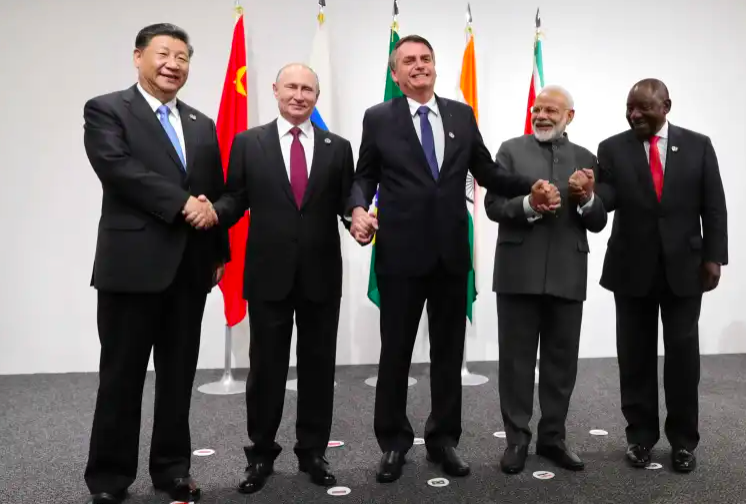
 BRICS TAKES A POSITIVIVE VIEW OF ENLARGEMENT
BRICS TAKES A POSITIVIVE VIEW OF ENLARGEMENT
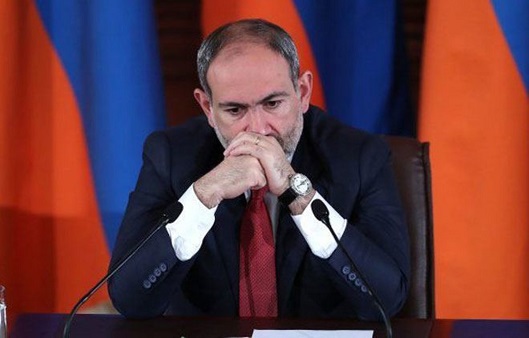 THE REFLECTIONS OF THE 2020 KARABAKH WAR ON ARMENIA AND THE ARMENIAN DIASPORA
THE REFLECTIONS OF THE 2020 KARABAKH WAR ON ARMENIA AND THE ARMENIAN DIASPORA
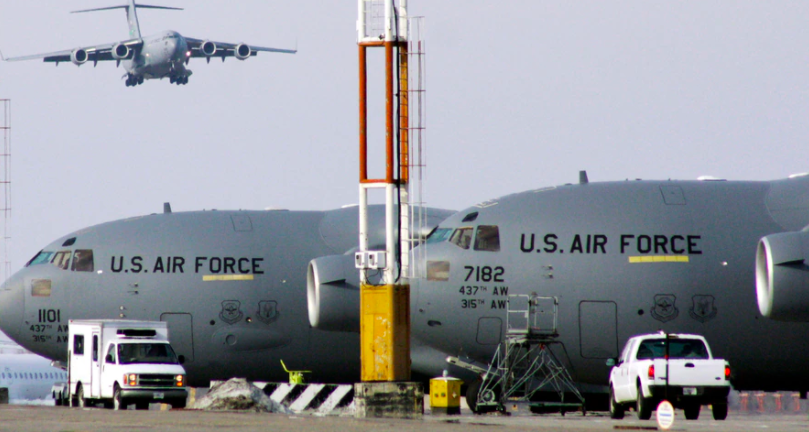 US INTERESTS IN CENTRAL ASIA
US INTERESTS IN CENTRAL ASIA
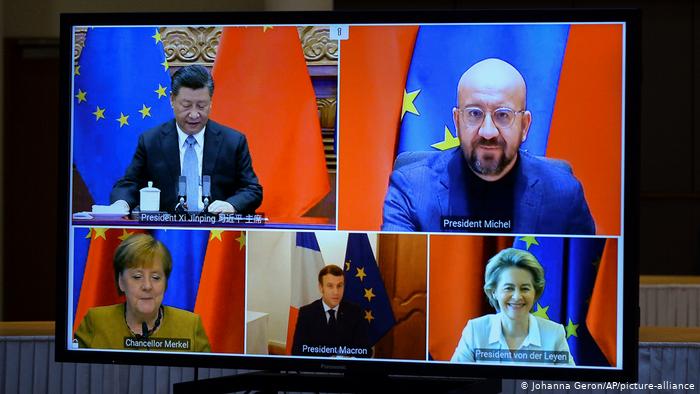 HOW TO UNDERSTAND THE EU-CHINA AGREEMENT ON INVESTMENT
HOW TO UNDERSTAND THE EU-CHINA AGREEMENT ON INVESTMENT
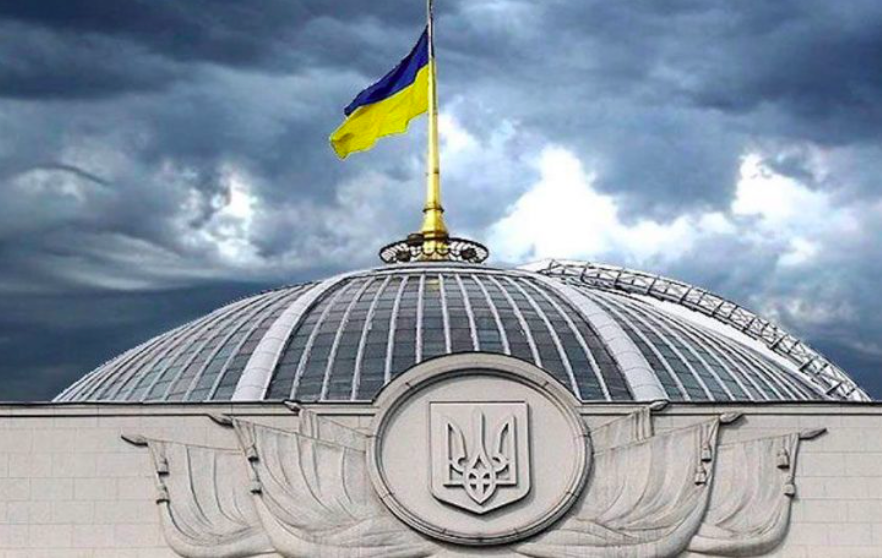 UKRAINE’S DECISION CONCERNING “THE STATUS OF INDIGENOUS PEOPLES”
UKRAINE’S DECISION CONCERNING “THE STATUS OF INDIGENOUS PEOPLES”
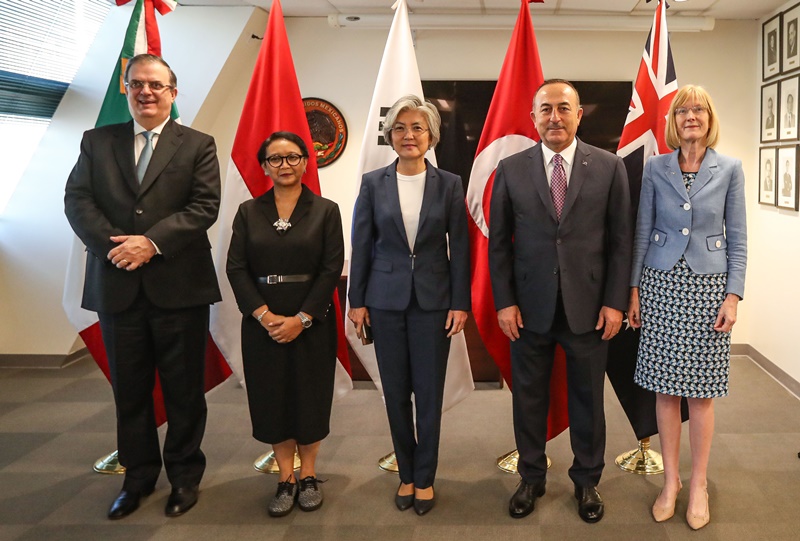 THE ROLE OF TURKEY IN G20 AND MIKTA
THE ROLE OF TURKEY IN G20 AND MIKTA
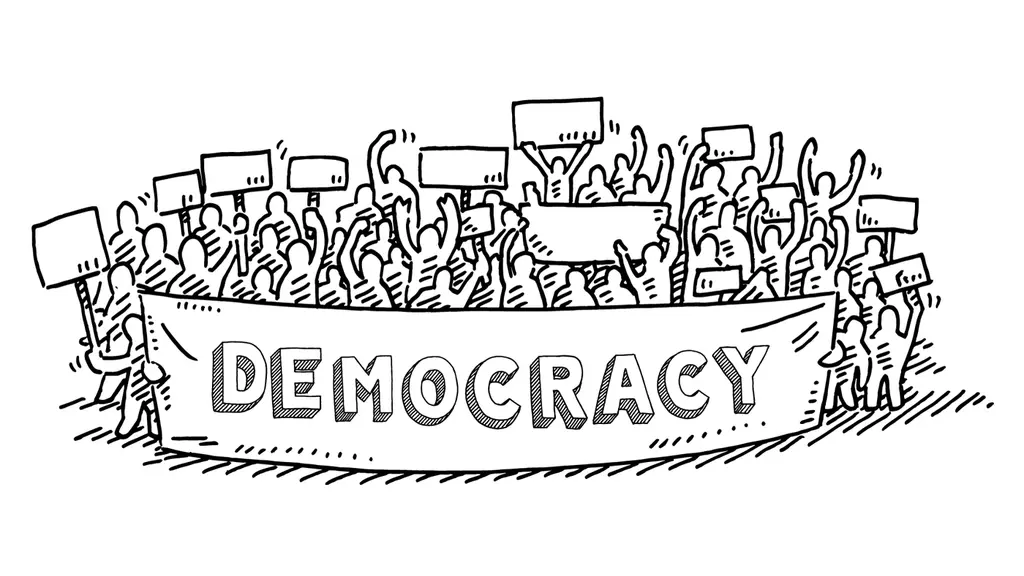 PASHINYAN’S EMPHASIS ON DEMOCRACY
PASHINYAN’S EMPHASIS ON DEMOCRACY
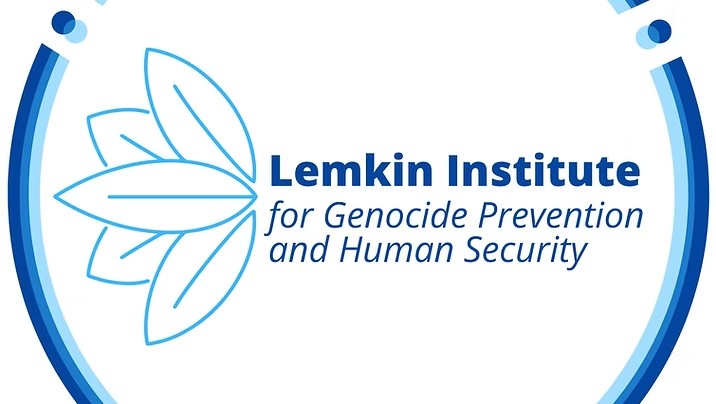 ANOTHER INSTANCE OF THE LEMKIN INSTITUTE'S DESTRUCTIVE CONDUCT
ANOTHER INSTANCE OF THE LEMKIN INSTITUTE'S DESTRUCTIVE CONDUCT
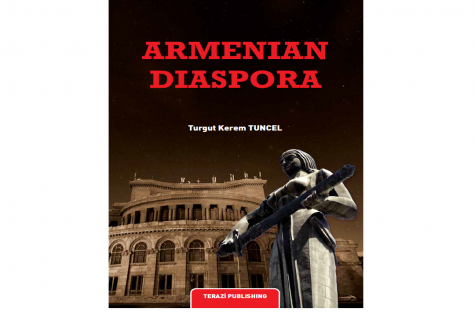 A NEW PUBLICATION BY AVIM: ARMENIAN DIASPORA
A NEW PUBLICATION BY AVIM: ARMENIAN DIASPORA




























